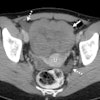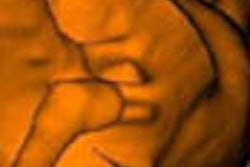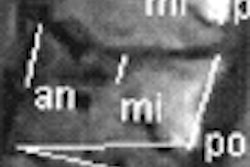Dear AuntMinnie Insider,
Computer-aided detection of colorectal polyps has yet to become as popular or indispensable as breast or lung CAD, but systems are moving into practice here and there. This issue of the Insider looks at the clinical performance of several colon CAD systems, both FDA-approved and investigational.
In our Insider Exclusive story, investigators from the University of Munich examined the performance of CAD in a 64-detector scanner. It missed a couple of large lesions, the researchers said, but found others the radiologists would have missed.
Meanwhile, a French CAD system improved the results for all readers, but particularly the inexperienced, researchers in Paris reported. Inexperienced readers also benefited the most in a CAD study from the Cleveland Clinic Foundation in Ohio.
But CAD isn't everything. Radiologists in Sweden said they'd do more virtual colonoscopy if they had more multidetector scanners and training opportunities, according to a national survey. The results also suggested concerns about the lack of consistency in multicenter trial results.
Still, something needs to be done to make colon screening more popular, and many radiologists think virtual colonoscopy is an essential part of the answer. A recent survey in the Journal of the American Medical Association found that higher incomes didn't necessarily result in more screening compliance. Colorectal screening compliance topped out at 54% of the eligible population with moderately high incomes, the researchers said. Would an easier exam help?
Also of note, not everything that looks like a polyp is a polyp, cautioned the VC experts at the University of Wisconsin at Madison. Fortunately, they said, the procedure remains safe.




















